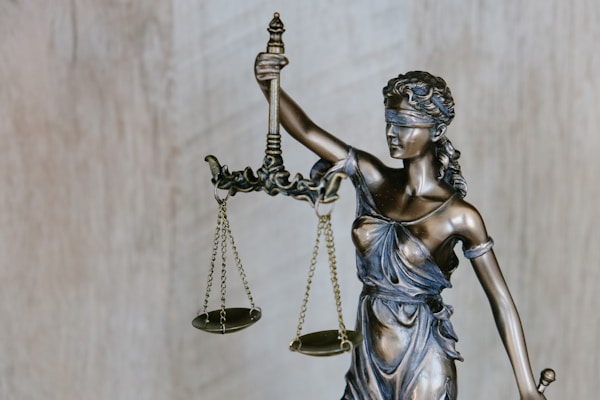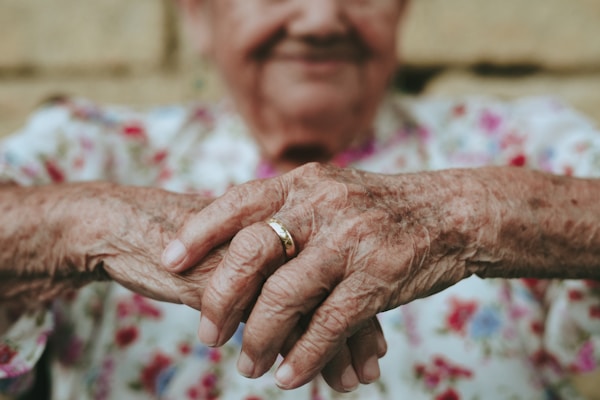As the elderly population continues to grow, it becomes increasingly important to ensure their safety and well-being. Unfortunately, elder abuse is an issue that affects many older adults, and it may manifest in physical, mental, emotional, or financial ways. This article will provide guidance on how to identify signs of elder abuse, the steps to take if you suspect your loved one has experienced it, and how to prevent abuse from happening in the future. If you’re in need of advice or want to know what to do, keep reading to learn more.
Reporting Suspected Abuse

When you suspect that your loved one has been a victim of elder abuse, you need to take immediate action. Start by documenting any signs, symptoms, or concerns, including dates and specific incidents. If possible, take photographs of visible injuries or gather other supporting evidence. Contact local adult protective services and law enforcement first, and keep as much documentation as you can of the incident.
You will need legal representation as well, like these nursing home abuse lawyers Chicago. These attorneys specialize in helping victims of abuse get the compensation they deserve, which can include covering medical expenses, lost wages, and other damages caused by the abuse. They can assist you in reporting suspected abuse and guiding you through the process. Legal professionals are well-equipped to protect your loved one’s rights and ensure that appropriate action is taken to stop the abuse. It is essential to take these steps promptly to minimize further harm and address concerns proactively.
You may be concerned about the cost of legal services, but most personal injury attorneys work on a contingency fee basis, meaning that they take their fee as a percentage of your final judgment or settlement. That means you won’t have to pay anything out of pocket unless you receive a financial award. You can talk to your lawyer to get details on their fee structure.
Recognizing Signs of Elder Abuse

You have to be vigilant for any signs of abuse in order to stop it early and prevent further harm to your loved one. Some common physical signs of elder abuse include unexplained bruises, welts, or fractures, bedsores, poor hygiene, or sudden weight loss. Emotional and mental signs may include unexplained changes in mood, fear, or anxiety, depression, or withdrawal from social activities. Financial abuse might present itself as missing valuables, unusual account activity, or forged signatures on financial documents.
These signs alone may not explicitly indicate abuse, as they can also be symptoms of other medical conditions or situations. However, they should raise concerns and prompt further investigation. Observing how caregivers and nursing staff interact with your loved one can provide valuable insights into their treatment. You might notice the caregiver is impatient, verbally aggressive, or physically rough with your loved one.
You need to maintain an open line of communication with your elderly loved one to enable them to express any concerns or incidences of mistreatment. Encourage transparency and create an atmosphere of trust so that they feel comfortable sharing their experiences without fear of retaliation.
Moving Forward After Elder Abuse

Recovering from the trauma of elder abuse may take time, and healing can be a difficult process. It is crucial to be patient, understanding, and supportive of your loved ones as they move forward. Be sure that they have access to any necessary medical treatment, perhaps engage in therapy or counseling services, and prioritize their emotional health and comfort. As you plan for the future, work together with your loved one to establish their care preferences. Check that their needs and wishes are respected and that they feel safe in their living situation.
Additionally, provide ongoing education on how to recognize and report any potentially abusive situations, regardless of whether they are now living with family members or in a professional care facility. Remember that your loved one is not to blame for the abuse they endured. Empower them to speak their truth and regain control over their lives, reinforcing the importance of their safety, well-being, and dignity.
As you can see, elder abuse is a distressing situation for any family to face. You need to use all of the resources available to you to assist your loved one and get them into a safer environment where their needs can be met and their safety ensured. By recognizing the signs, reporting suspicions, and prioritizing prevention measures, you can do your part to make the world a safer place for your elderly loved ones. Remain vigilant, supportive, and proactive to ensure their wellness and recovery after abuse. Follow this advice and you can trust that you’re taking the best possible care of your loved one.